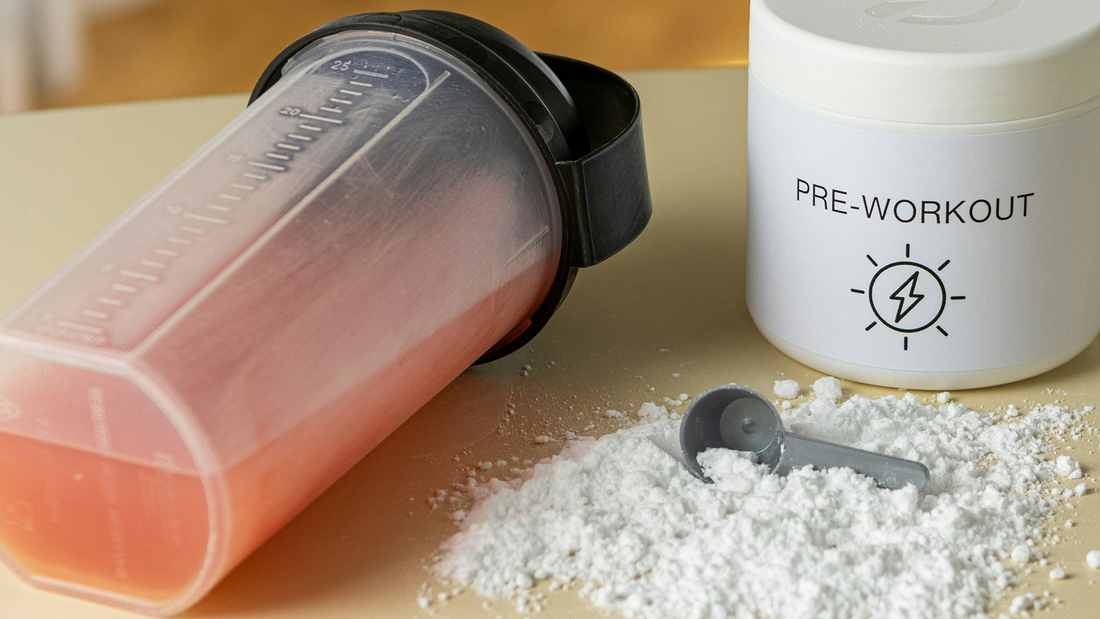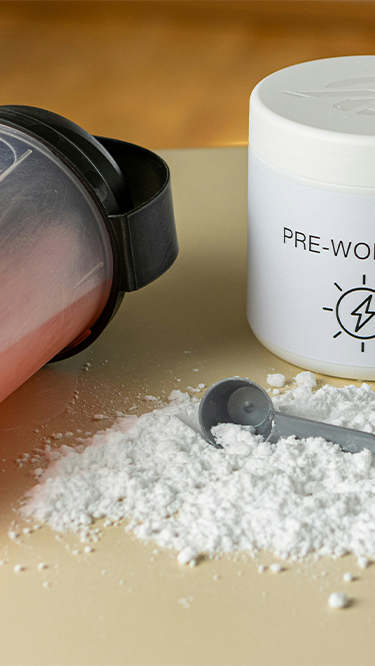

The Pros and Cons of Creatine for Your Health Routine
Creatine is a popular supplement used by athletes and bodybuilders to enhance performance and build muscle mass. While it has proven benefits such as increasing available energy and boosting muscle growth when combined with strength training, there has also been some debate about its safety and side effects. This article will examine the pros and cons of creatine as part of your workout routine.
Weighing the Pros and Cons of Creatine for Your Routine
Creatine is a nitrogenous organic acid that occurs naturally in the human body. About 95% of the creatine in our bodies is in skeletal muscle tissue. The remaining 5% lies in the heart, brain and other tissues. It synthesizes in the liver and kidneys from the amino acids arginine, glycine and methionine. Understanding the pros and cons of supplementation can help you determine if it is the right choice for your routine.
Pros of Creatine for Your Health Routine
One of the most well-researched effects of creatine supplementation is its ability to increase muscle strength and power output during high-intensity, short-duration activities such as sprinting or weightlifting. By expanding the body's phosphocreatine stores, creatine provides muscles with more rapid energy to perform repeated bouts of high-intensity contractions. This translates to an ability to lift more weight, complete more reps, run faster and jump higher.
Creatine may also enhance post-workout recovery. Strenuous exercise can damage muscle tissue, creating inflammation and soreness. Some research indicates creatine supplementation before and after workouts reduces markers of inflammation and muscle cell breakdown. Less damage and faster recovery means increased ability to train consistently at a high level without overtraining.
Emerging research into the pros and cons of creatine also suggests potential cognitive benefits of creatine due to its effects on brain energy metabolism. Creatine plays a role in supplying energy to brain cells. Supplementing with creatine is also linked to improved working memory, intelligence test scores and performance under time constraints. While more research will clarify these results, creatine may aid overall brain function and health.
Cons of Creatine for Your Health Routine
While creatine has proven performance-enhancing effects, there are some potential downsides to consider. The most commonly discussed risk is the potential for kidney damage. Creatine draws water into muscle cells, so there is concern it could increase strain on the kidneys. However, current research shows no detrimental effects on kidney function in healthy individuals at recommended doses. People with existing kidney conditions should use caution with creatine due to a lack of safety data.
There is also conflicting evidence on whether creatine causes muscle cramps and dehydration. Creatine does cause slight water retention in muscles, so maintaining proper hydration is important when supplementing. Consuming adequate water and electrolytes can likely minimize any cramping issues.
Weight gain from water retention in muscles is another complaint of creatine users. However, research shows consistent creatine use leads to gains of mostly lean mass, not just water weight. Any rapid increase in weight when starting creatine usually levels off with continued use.
In addition, some athletic organizations have banned creatine use. Long-term high-dose safety is not fully characterized, though numerous studies have found no serious adverse events at standard doses of 3-5 grams per day for up to five years.
Deciding if Creatine is Right for You
When considering the pros and cons of creatine, think about your personal situation. Some individuals should avoid creatine supplementation due to underlying health conditions or interactions with medications. People with kidney disease may need to avoid taking creatine because of the potential strain on kidney function. Those with liver disease should also use caution with creatine supplements. Additionally, creatine may interact with diuretic medications, leading to dehydration, so medical supervision is beneficial in such cases.
Creatine can potentially interact with other performance-enhancing supplements, such as caffeine or various stimulants. High doses of caffeine taken with creatine may increase strain on the kidneys. Consulting with a doctor can identify potential interactions with other supplements or medications you may be taking. Overall, creatine is safe for most healthy individuals at recommended dosages, but you should consider your personal medical history and current prescriptions before adding a supplement.
Considering Different Creatine Sources and Forms
The most common supplemental forms of creatine are creatine monohydrate and creatine hydrochloride. Creatine monohydrate is the most research-backed, effective form. It mixes easily into liquids at room temperature. Creatine HCL is more soluble and does not cause water retention, but studies show it may be less effective for improving exercise performance.
Other forms, such as creatine ethyl ester and buffered creatine, aim to increase bioavailability, but evidence of their efficacy is lacking. Simple creatine monohydrate powder remains the gold standard for safety, effectiveness and affordability. Some ready-to-drink creatine beverages are also available for convenience but are generally more expensive.
While you can take creatine as a standalone supplement, you can also obtain creatine naturally through certain foods. Protein sources such as beef, pork and wild game contain the highest levels of creatine. Fish, including tuna, salmon and cod, also provide creatine, albeit in smaller amounts. Additionally, some plant-based sources such as beans and greens have trace amounts of creatine. Eating protein-rich foods can help you maintain your body’s natural creatine stores without supplementation.
Consuming creatine-rich foods or taking pure creatine monohydrate powder seems to be the best way to maximize the performance and recovery benefits offered by this popular supplement.
Evaluating the Pros and Cons of Creatine for Your Fitness Plan
As you can see, creatine has some performance-enhancing effects, especially for those with a high-intensity workout plan. When increased performance and quick recovery are priorities for you, it may be a good time to consider your creatine intake. However, you should also be mindful of any potential health complications or concerns based on your personal medical history.
The pros and cons of creatine supplementation can vary based on your diet, exercise regimen and genetics. As with any supplement, you should evaluate your own tolerability and safety before adding it to your routine. For more tips and information about ways to maximize your fitness routine and reach your workout goals, check out ZOZOFIT today.

![zf-w-[168px] zf-h-[40px]](http://zozofit.com/cdn/shop/t/15/assets/logo-desktop.png?v=117713855448369080381753069598)


